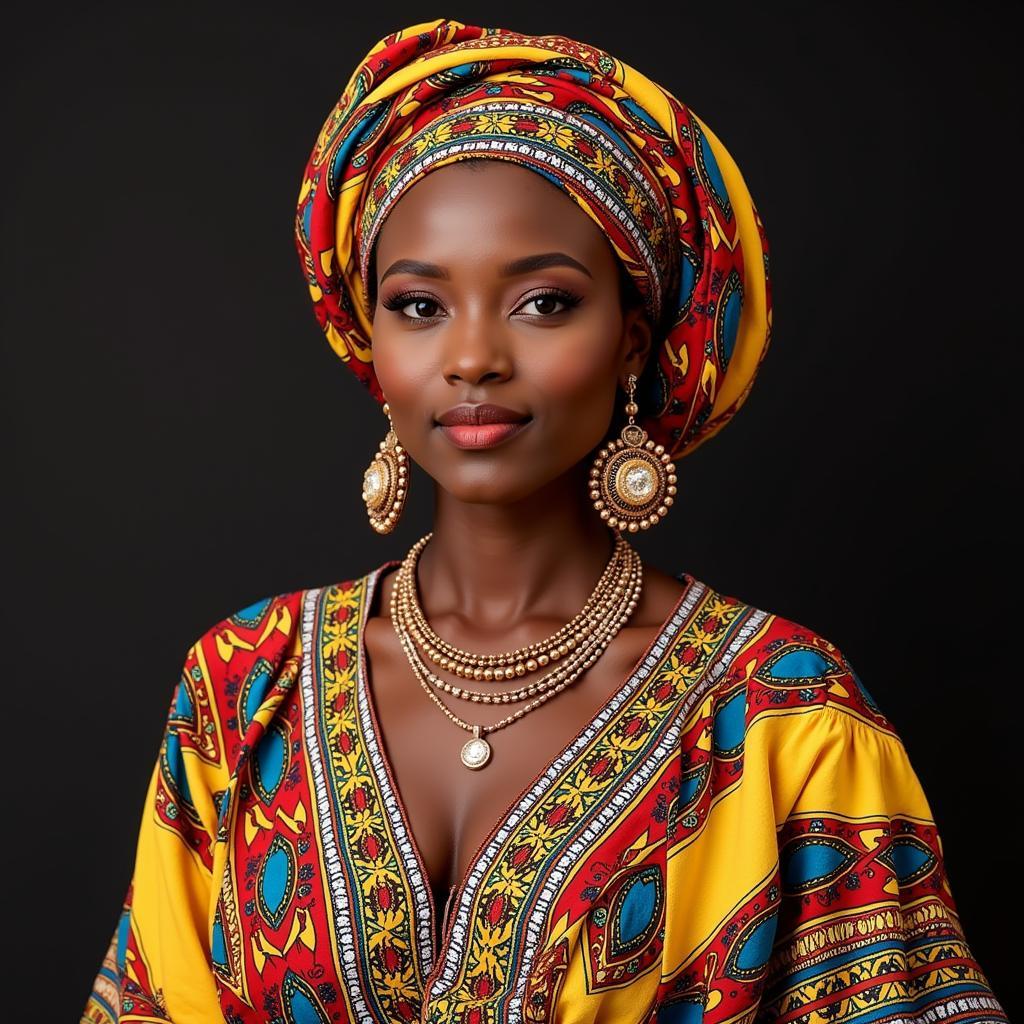African Language I Love You Meanings: A Journey of Love Across a Continent
Discovering how to say “I love you” in different African languages is a beautiful way to connect with the continent’s rich tapestry of cultures. This article delves into the diverse ways affection is expressed across Africa, offering a glimpse into the heart of its people and traditions.
Expressing Affection: More Than Just Words
Saying “I love you” is a universal human experience, but its expression varies significantly across cultures. In Africa, where oral traditions and community values often hold precedence, declarations of love go beyond simple phrases. They encompass actions, gestures, and symbolic gifts, reflecting the depth and complexity of human connection.
Beyond “I Love You”: African Expressions of Love
While direct translations of “I love you” exist in many African languages, the true meaning of love is often conveyed through subtle nuances. Respect for elders, care for family, and contribution to the community are all powerful expressions of love in many African societies. These acts of love speak volumes, often surpassing the impact of spoken words.
 African Family Showing Love Through Actions
African Family Showing Love Through Actions
Let’s explore how “I love you” translates across several prominent African languages:
-
Swahili (East Africa): Nakupenda (I love you) – This is perhaps the most widely recognized expression of love across East Africa. Its simplicity and directness resonate with Swahili speakers.
-
Amharic (Ethiopia): እወድሻለሁ (Ewedeshalew) (I love you to a woman), እወድሃለሁ (Ewedehalew) (I love you to a man) – Amharic demonstrates the importance of gender in language, with distinct forms for expressing love to men and women.
-
Yoruba (Nigeria): Mo ni ife re (I have love for you) – This Yoruba phrase emphasizes the possession and cherishing of love, adding a layer of depth to the sentiment.
-
Zulu (South Africa): Ngiyakuthanda (I love you) – The Zulu expression embodies a sense of deep affection and respect, reflecting the importance of relationships in Zulu culture.
 Couple Speaking Zulu and Expressing Affection
Couple Speaking Zulu and Expressing Affection
The Cultural Significance of “I Love You” in African Languages
The way “I love you” is expressed in African languages offers valuable insight into the cultural values and beliefs of different communities. Often, the words themselves reflect broader societal norms related to gender roles, family structures, and community ties. Understanding these nuances can enrich our appreciation of the diverse ways love is celebrated across the continent.
“African Language I Love You Meanings”: A Deeper Dive
Learning these phrases is more than just memorizing words; it’s about connecting with the cultural context behind them. It’s about appreciating the richness and diversity of human expression and recognizing that love transcends linguistic boundaries.
How to Say I Love You in Other African Languages
Beyond the languages mentioned above, there are countless other ways to express love across the vast linguistic landscape of Africa. Each language offers a unique window into the cultural nuances of its speakers. Exploring these linguistic variations can be a rewarding journey of discovery, deepening our understanding of the continent and its people.
 Diverse African Languages Expressing Love
Diverse African Languages Expressing Love
Conclusion: A Celebration of Love in African Languages
Learning how to say “african language i love you meanings” unlocks a deeper understanding of the continent’s vibrant cultures and the diverse ways love is expressed. By exploring these linguistic nuances, we can appreciate the rich tapestry of human connection that binds us together across borders and languages.
Frequently Asked Questions
- What is the most common way to say “I love you” in Africa? While there’s no single “most common” way, Nakupenda in Swahili is widely understood across East Africa.
- Do all African languages have a direct translation for “I love you”? Not necessarily. Love can be expressed through actions and gestures as well as words.
- Why is it important to understand the cultural context of “I love you” in African languages? It allows for a deeper appreciation of the values and beliefs that shape expressions of love in different communities.
- Where can I learn more about African languages? There are numerous online resources and language learning platforms available.
- How can learning African languages enhance my travel experiences? Connecting with locals in their own language fosters deeper cultural exchange and understanding.
- Are there differences in how men and women express love in African cultures? Yes, gender roles and expectations can influence how affection is expressed.
- What are some non-verbal ways of expressing love in African cultures? Respect for elders, care for family, and community contributions are all powerful expressions of love.
When you need assistance, please contact us at Phone Number: +255768904061, Email: kaka.mag@gmail.com, or visit our address: Mbarali DC Mawindi, Kangaga, Tanzania. We have a 24/7 customer support team.


